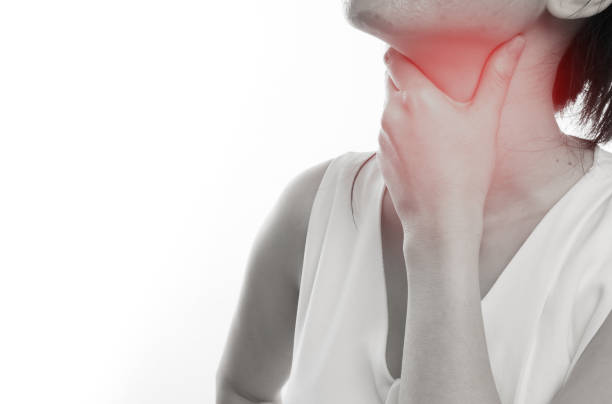Dry mouth and throat are conditions that are often caused by a lack of saliva in the mouth and throat. This can lead to a range of symptoms and can have a significant impact on a person’s overall health and quality of life. In this article, we will explore the symptoms of dry mouth and throat, as well as the treatment options available to those who are suffering from these conditions.
Symptoms of Dry Mouth and Throat
The symptoms of dry mouth and throat can vary greatly depending on the underlying cause. However, some of the most common symptoms include:
Thirst: This is one of the most common symptoms of dry mouth and throat, and it is often accompanied by a feeling of dryness in the mouth and throat.
Sore throat: Dryness in the throat can cause irritation, which can lead to a sore throat. This is especially common in people who are exposed to dry or dusty environments for long periods of time.
Difficulty swallowing: The lack of saliva in the mouth can make it difficult to swallow food and liquids, and it can also lead to a feeling of food sticking in the throat.
Bad breath: Dry mouth can lead to an increase in bacteria in the mouth, which can result in bad breath.
Cracked lips: Dryness in the mouth can cause the lips to become dry and crack, which can be painful.
Changes in taste: People with dry mouth may experience changes in their sense of taste, as the lack of saliva can affect the way that food and drinks taste.
Treatment for Dry Mouth and Throat
There are a range of treatment options available for those who are suffering from dry mouth and throat. Some of the most effective treatments include:
Sipping water regularly: Drinking water regularly can help to keep the mouth and throat hydrated, which can help to relieve symptoms of dryness.
Chewing gum or sucking on hard candy: Chewing gum or sucking on hard candy can stimulate the production of saliva, which can help to relieve symptoms of dry mouth and throat.
Using a humidifier: A humidifier can add moisture to the air, which can help to reduce dryness in the mouth and throat.
Avoiding drying medications: Some medications, such as antihistamines and decongestants, can cause dry mouth and throat. If you are taking these medications and are experiencing symptoms of dryness, talk to your doctor about alternative options.
Using artificial saliva: Artificial saliva is a product that can be used to help relieve dry mouth and throat. This product is typically applied directly to the mouth and throat, and it can help to restore moisture and hydration to these areas.
Treating underlying conditions: In some cases, dry mouth and throat may be the result of an underlying medical condition, such as Sjogren’s syndrome or radiation therapy. If you are experiencing symptoms of dryness and believe that they may be related to an underlying condition, it is important to seek medical attention.
Conclusion
Dry mouth and throat can be uncomfortable and even painful, and they can have a significant impact on a person’s quality of life. If you are experiencing symptoms of dryness in your mouth and throat, it is important to seek treatment to help relieve these symptoms and to improve your overall health and well-being. Whether you choose to use artificial saliva, drink more water, or seek treatment for an underlying condition, there are a range of options available to help you find relief from the symptoms of dry mouth and throat.

 Home
Home Health
Health Diet & Nutrition
Diet & Nutrition Living Well
Living Well More
More












